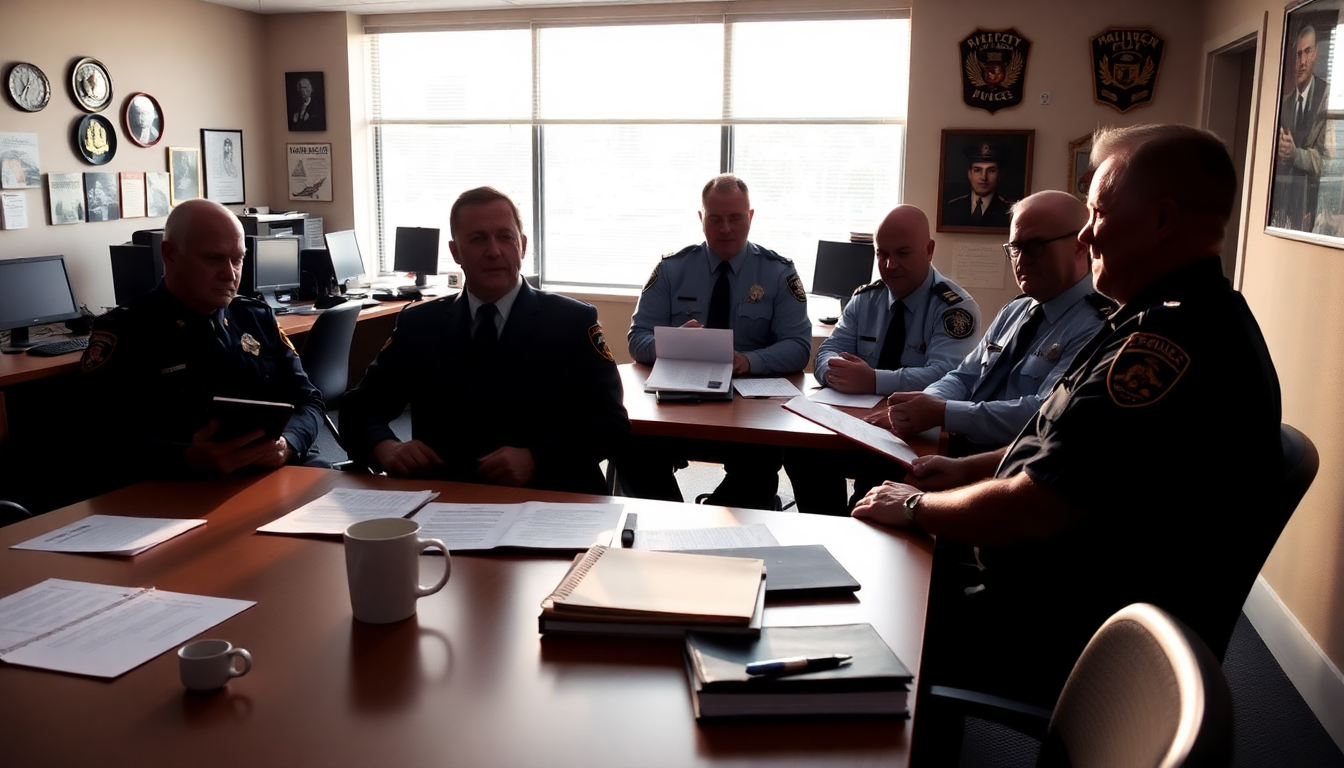Table of Contents
For the past three years, the Nelson Police Department has been at the center of a serious investigation into alleged racist remarks shared in a private WhatsApp group. Now, things are heating up as the Office of the Police Complaint Commissioner has ordered that three active officers and three retired ones take part in a public hearing. This case isn’t just about holding individuals accountable; it opens up a much larger conversation about the culture within police forces and what their private conversations say about them.
Background and Initial Findings
The investigation began in 2022 when eight officers came under scrutiny. The Vancouver Police Department led the inquiry, which ultimately cleared two officers of any wrongdoing, but flagged six others for engaging in discreditable conduct. This situation sheds light on the tricky nature of monitoring police behavior, especially in informal settings like group chats. Prahbu Rajan, the complaint commissioner, stressed the need for clarity around protecting officers’ communications and how these chats might impact the department’s reputation and its commitment to maintaining a respectful workplace.
As the investigation progressed, it became clear that the findings could have major implications for both the officers involved and the broader policing community. It raises a crucial question: should the private communications of police personnel be subject to scrutiny, and what do these communications reveal about the values and attitudes that officers bring into their professional roles?
Expert Opinions and Broader Implications
Professor Arthur Schafer, an expert in professional ethics from the University of Manitoba, highlighted the importance of tackling prejudices among police officers. He argued that if officers hold onto racist or sexist attitudes, those biases will inevitably influence their professional behavior, making it difficult for them to serve the community impartially. This points to a pressing need for police departments to cultivate an environment that champions diversity, equity, and respect.
The investigation hasn’t been smooth sailing; it has faced delays due to a constitutional challenge. Some officers have raised objections about how their chat logs were obtained, claiming their rights were violated. This legal tug-of-war complicates the journey toward accountability and brings up essential questions about privacy and transparency in law enforcement.
Looking Ahead: Potential Outcomes and Reflections
As the public hearing draws closer, the potential outcomes could spark significant reflection within police forces. There’s a pressing need to rethink how recruitment and training are handled in law enforcement. As Schafer pointed out, the conclusion of this case should kickstart a broader conversation about the values instilled in new recruits and the ongoing training needed to tackle deep-seated biases.
While the dates for the public hearing have yet to be announced, the fallout from this investigation is already echoing throughout the community. It’s crucial for police departments to show a genuine commitment to integrity and public accountability, ensuring that their officers don’t just enforce the law but also embody principles of respect and equality in their everyday interactions. How can we expect change without accountability? The time for action is now.


